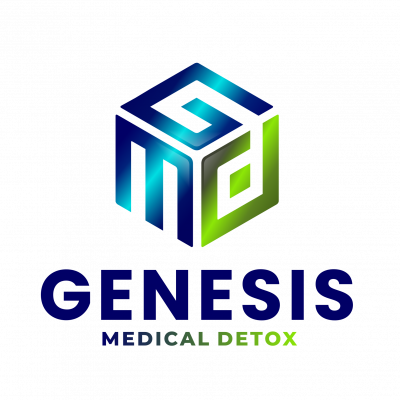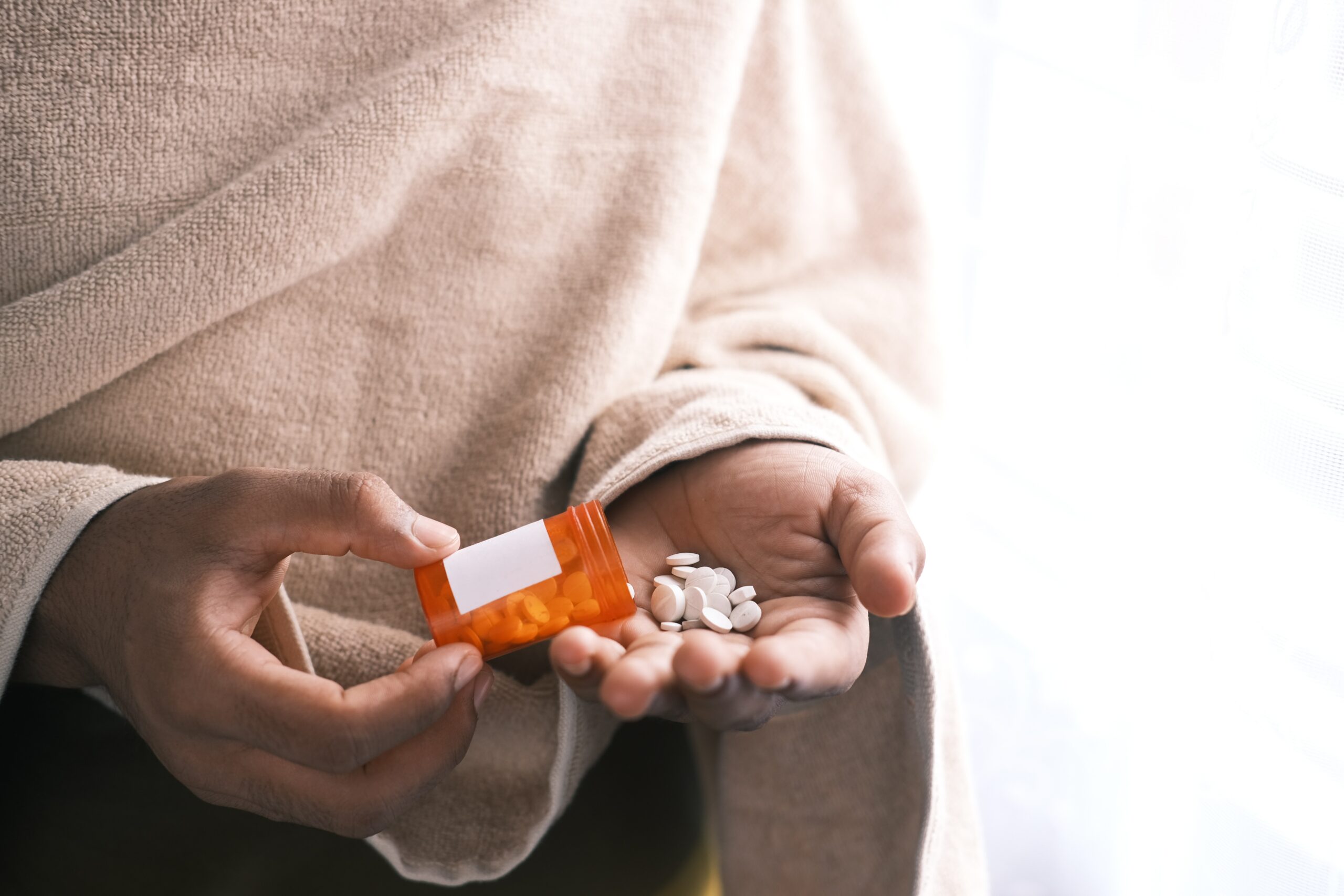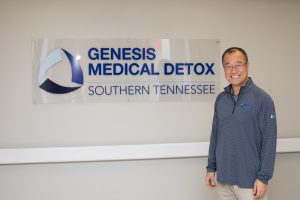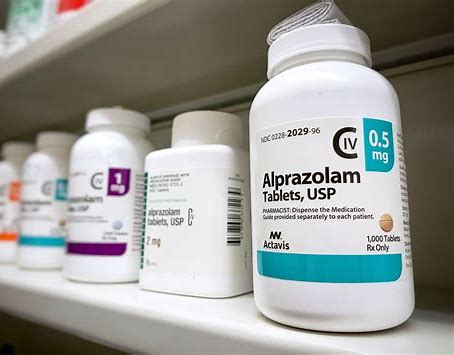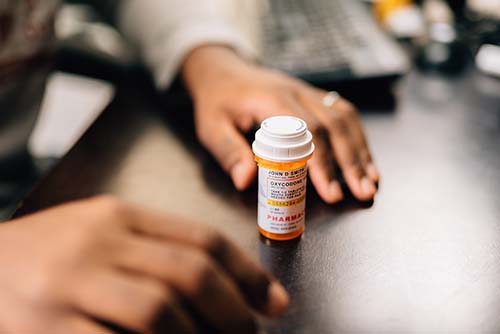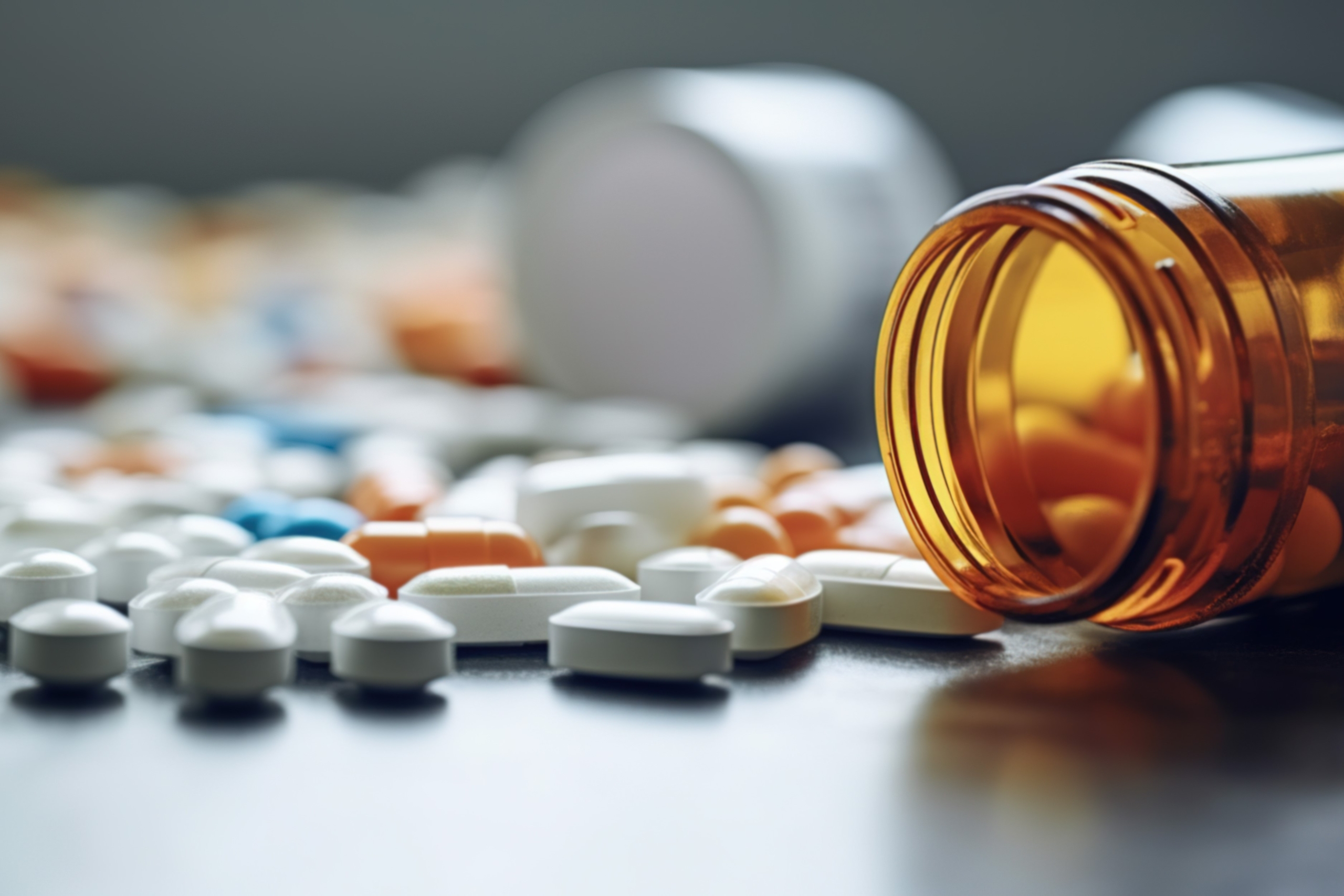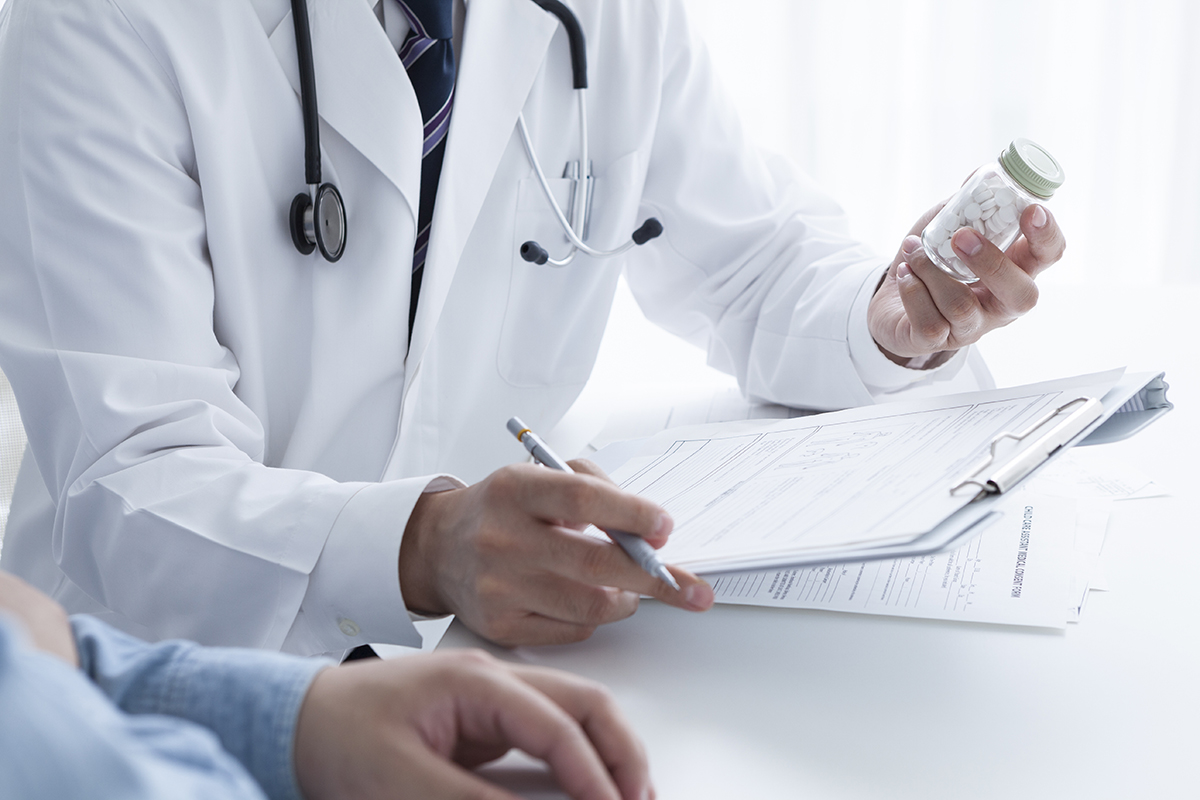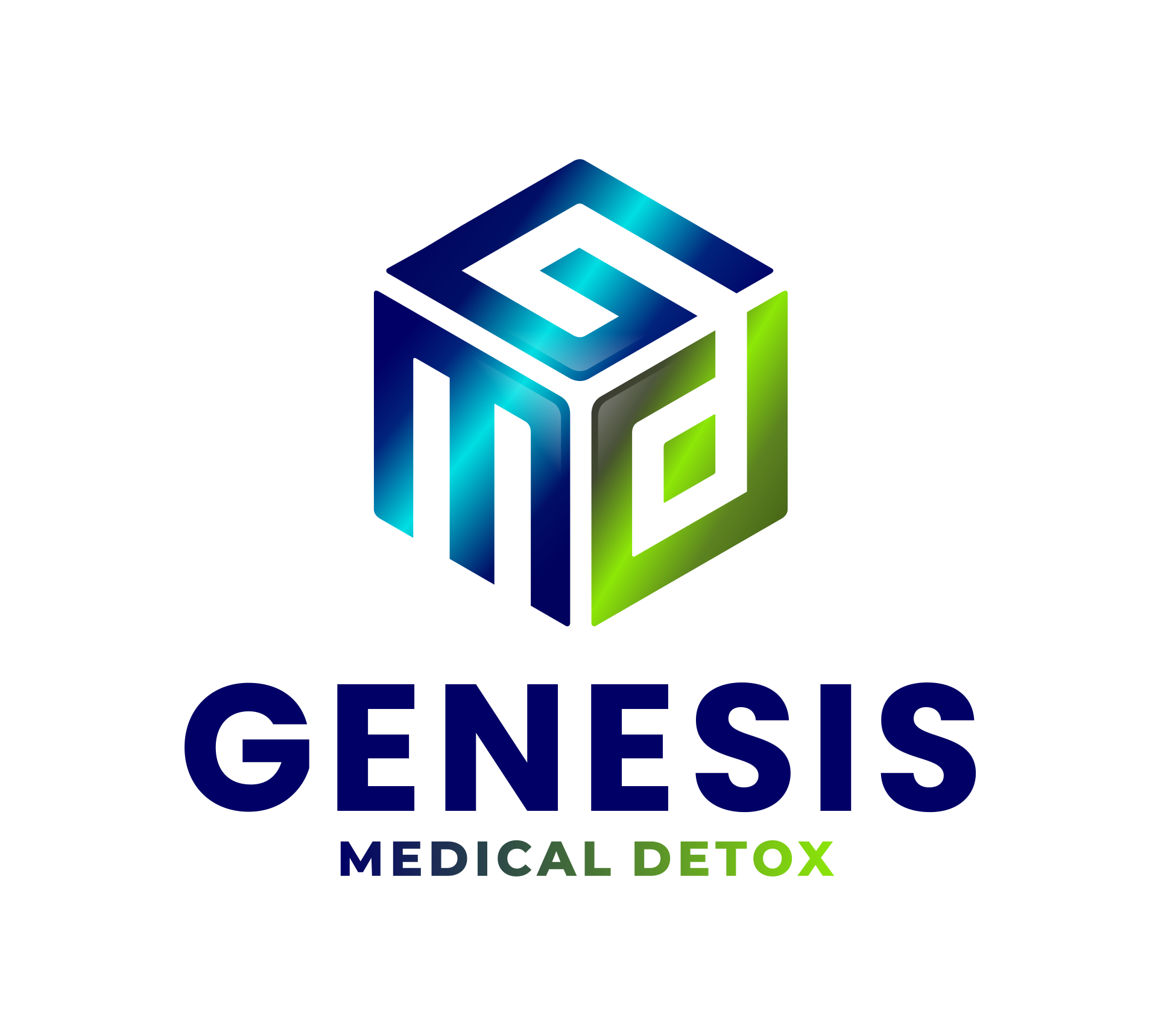Gabapentin, also known as Neurontin, is a type of medication that is used to treat seizures caused by epilepsy and neuropathy pain. It is also prescribed for several off-label uses, which means that it can help treat an array of conditions that are not yet approved by the Food and Drug Administration (FDA).
Although this medication is not a controlled substance, it does have a potential for abuse. A better understanding of how this medication works, its possible side effects, and its potential for abuse can help you recognize if you or someone you love is struggling with gabapentin addiction.
How Does Gabapentin Work?
Gabapentin is a type of medication that functions as a natural neurotransmitter within the central nervous system. As a result, it may increase the gamma-aminobutyric acid (GABA) activity in the brain, which can help calm nerve impulses while simultaneously promoting a sense of calm. This can help reduce pain and promote relaxation.
Gabapentin has a low potential for addiction due to the fact that it does not specifically bind with the GABA receptors. However, it does make the receptors more sensitive to the GABA that is already present in the central nervous system. This function is similar to how benzodiazepines and alcohol work.
Is Gabapentin Addictive?
Although there is a low potential, there is still a possibility that a person may develop an addiction to gabapentin. With that being said, the fact that gabapentin does change the activity of neurotransmitters in the brain, particularly by affecting the dopamine receptors, there is a likelihood that abuse and addiction will develop. There are several factors that can play a role in a person developing an addiction to this medication.
How the Medication Is Used
When gabapentin is taken as prescribed, there is less of a chance of a person developing an addiction to the medication when compared to a person using the medication for recreational purposes. If a person takes this medication only to achieve specific desirable effects, they are more likely to become addicted to it and at a much faster rate.
The Dosage That Is Taken
As a person continues to take gabapentin, they may need to move to a higher dosage to achieve the desired effects of the medication. As the dosage increases, so does the likelihood of developing an addiction to the medication.
A Personal or Familial History of Substance Use Disorder
A person who has a family history of any type of substance use disorder has an increased risk of developing their own substance use disorder.
If Other Substances Are Mixed With the Gabapentin
Individuals who take gabapentin with other substances are more likely to develop an addiction to the medication. This is referred to as polysubstance use.
Each of these factors can influence if a person develops an addiction and how long it will take.
How Long Does It Take for an Addiction to Gabapentin to Develop?
There are various factors that can influence how long it takes for a person to become addicted to gabapentin. This is due to the fact that every individual has their own psychological and physical composition. One person may be able to take this medication long-term without ever developing an addiction, while another person may take it for a short period of time before developing an addiction.
Recognizing the Signs of Gabapentin Abuse and Addiction
Many individuals abuse gabapentin by combining it with other opioids. This is due to the fact that this medication can increase the effects of opioids and create a much more intense high. Unfortunately, signs of abuse can be difficult to detect because most people who do abuse gabapentin also use other substances, which can mask the symptoms. However, there are some signs that you should look out for if you believe your loved one is dealing with an addiction to this substance. These include:
- Slurred speech
- Confusion
- Loss of coordination
- Memory problems
- Increased fatigue
As gabapentin does have an effect on GABA production in the brain, individuals may experience pleasant relaxation or a sense of euphoria. Symptoms that you may observe in someone who is struggling with abuse include:
- Spending too much time thinking or talking about the medication
- Mood changes
- Changes in behavior
- Using more medication than they are prescribed
- Having to refill the medication too soon
When a person develops an addiction to this medication, they may also develop a physical dependence on it. As a result, there is a chance that withdrawal symptoms will occur if the medication is stopped suddenly. These symptoms will arise as the body attempts to adjust to the decrease in GABA receptors.
In many instances, these symptoms will begin in one to two days after the medication is stopped if it is not tapered. The withdrawal symptoms that individuals experience are similar to those experienced by individuals who stop using benzodiazepine or alcohol. For this reason, it is best for individuals to consider a prescription drug detox to help.
What Is Prescription Drug Detox?
Prescription drug detox is a type of detoxification program that is specifically designed to help individuals who struggle with addiction and dependence on medication. The treatment program that we offer at Genesis Medical Detox is medically supervised to ensure patients are able to detox from their medication addictions safely and effectively with the fewest possible side effects.
Get Help in Pulaski, TN Today
Our team at Genesis Medical Detox understands the challenges that individuals face when trying to overcome a prescription drug addiction. For this reason, our team of trained professionals is committed to helping each person we work with achieve the best possible results through prescription drug detox. Our program takes an individualized approach toward helping patients overcome their addictions and find the relief that they need moving forward.
Our professionals can meet with you to discuss your specific circumstances and goals and design a program that can ensure you achieve the best results possible. To get started, contact our Pulaski, TN, addiction specialists by calling (844) 895-0537 to verify your insurance.
